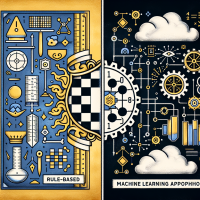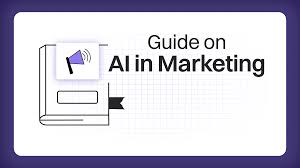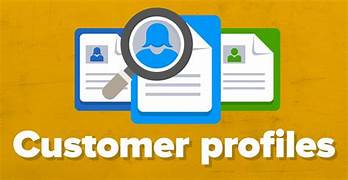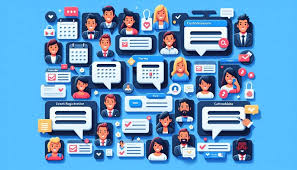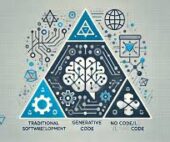How Agentforce Works
Salesforce Agentforce: Everything You Need to Know Salesforce Agentforce represents a paradigm shift from generative AI to agentic AI—a new class of AI capable of autonomous action. Since its launch at Dreamforce in September 2024, Agentforce has redefined the conversation around AI, customer service, and experience management. To meet skyrocketing demand, Salesforce announced plans to hire more than 1,000 employees shortly after the launch. What is Salesforce Agentforce? Agentforce is a next-generation platform layer within the Salesforce ecosystem. While its bots leverage generative AI capabilities, they differ significantly from platforms like ChatGPT or Google Gemini. Agentforce bots are designed not just to generate responses but to act autonomously within predefined organizational guardrails. Unlike traditional chatbots, which follow scripted patterns, Agentforce AI agents are trained on proprietary data, enabling flexible and contextually accurate responses. They also integrate with Salesforce’s Data Cloud, enhancing their capacity to access and utilize customer data effectively. Agentforce combines three core tools—Agent Builder, Model Builder, and Prompt Builder—allowing businesses to create customized bots using low-code tools. Key Features of Agentforce The platform offers ready-to-deploy AI agents tailored for various industries, including: Agentforce officially became available on October 25, 2024, with pricing starting at $2 per conversation, and volume discounts offered for enterprise customers. Salesforce also launched the Agentforce Partner Network, enabling third-party integrations and custom agent designs for expanded functionality. How Agentforce Works Salesforce designed Agentforce for users without deep technical expertise in AI. As CEO Marc Benioff said, “This is AI for the rest of us.” The platform is powered by the upgraded Atlas Reasoning Engine, a component of Salesforce Einstein AI, which mimics human reasoning and planning. Like self-driving cars, Agentforce interprets real-time data to adapt its actions and operates autonomously within its established parameters. Enhanced Atlas Reasoning Engine In December 2024, Salesforce enhanced the Atlas Reasoning Engine with retrieval-augmented generation (RAG) and advanced reasoning capabilities. These upgrades allow agents to: Seamless Integrations with Salesforce Tools Agentforce is deeply integrated with Salesforce’s ecosystem: Key Developments Agentforce Testing Center Launched in December 2024, the Testing Center allows businesses to test agents before deployment, ensuring they are accurate, fast, and aligned with organizational goals. Skill and Integration Library Salesforce introduced a pre-built library for CRM, Slack, Tableau, and MuleSoft integrations, simplifying agent customization. Examples include: Industry-Specific Expansion Agentforce for Retail Announced at the NRF conference in January 2025, this solution offers pre-built skills tailored to retail, such as: Additionally, Salesforce unveiled Retail Cloud with Modern POS, unifying online and offline inventory data. Notable Agentforce Customers Looking Ahead Marc Benioff calls Agentforce “the third wave of AI”, advancing beyond copilots into a new era of autonomous, low-hallucination intelligent agents. With its robust capabilities, Agentforce is positioned to transform how businesses interact with customers, automate workflows, and drive success. Like Related Posts Salesforce OEM AppExchange Expanding its reach beyond CRM, Salesforce.com has launched a new service called AppExchange OEM Edition, aimed at non-CRM service providers. Read more The Salesforce Story In Marc Benioff’s own words How did salesforce.com grow from a start up in a rented apartment into the world’s Read more Salesforce Jigsaw Salesforce.com, a prominent figure in cloud computing, has finalized a deal to acquire Jigsaw, a wiki-style business contact database, for Read more Service Cloud with AI-Driven Intelligence Salesforce Enhances Service Cloud with AI-Driven Intelligence Engine Data science and analytics are rapidly becoming standard features in enterprise applications, Read more



